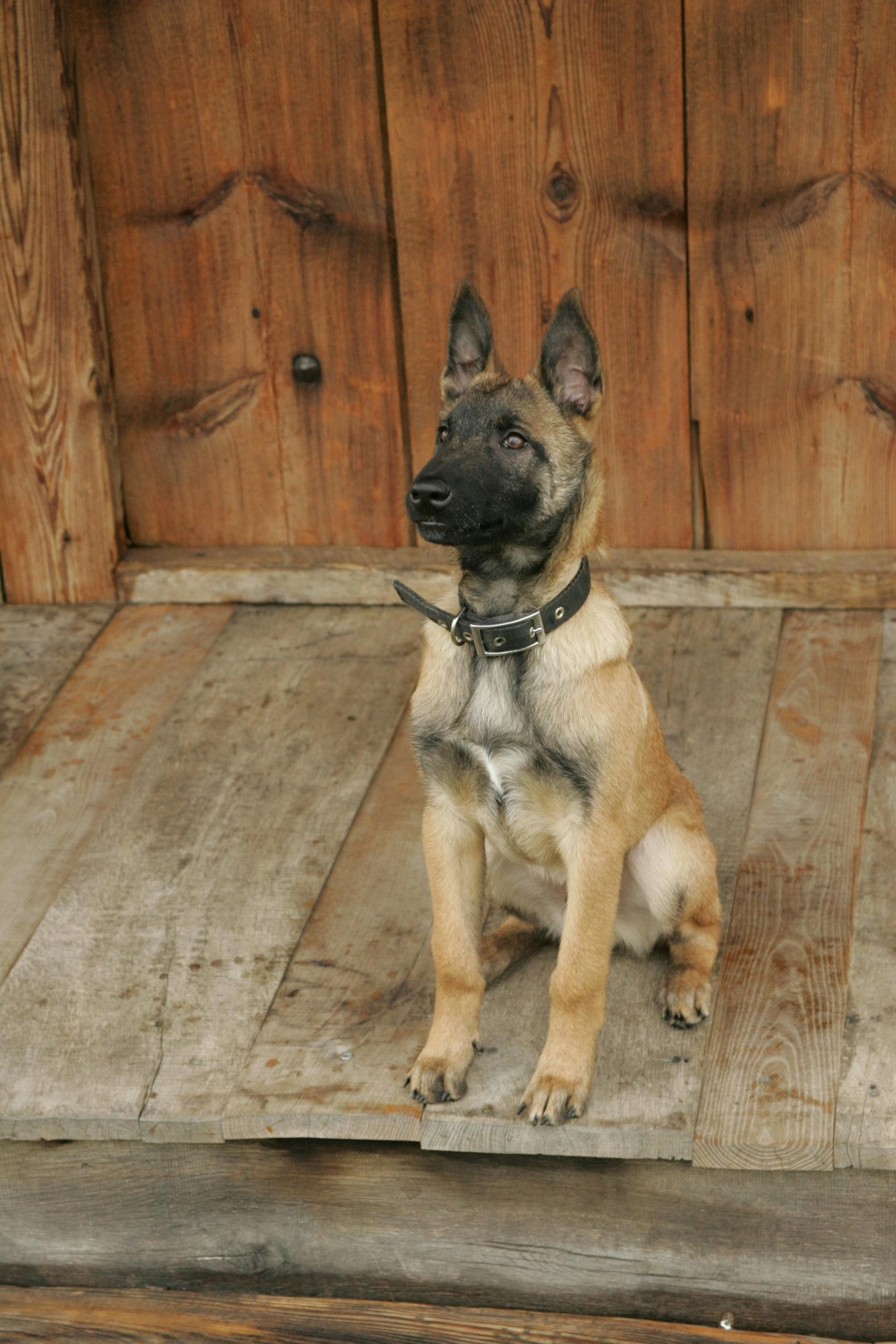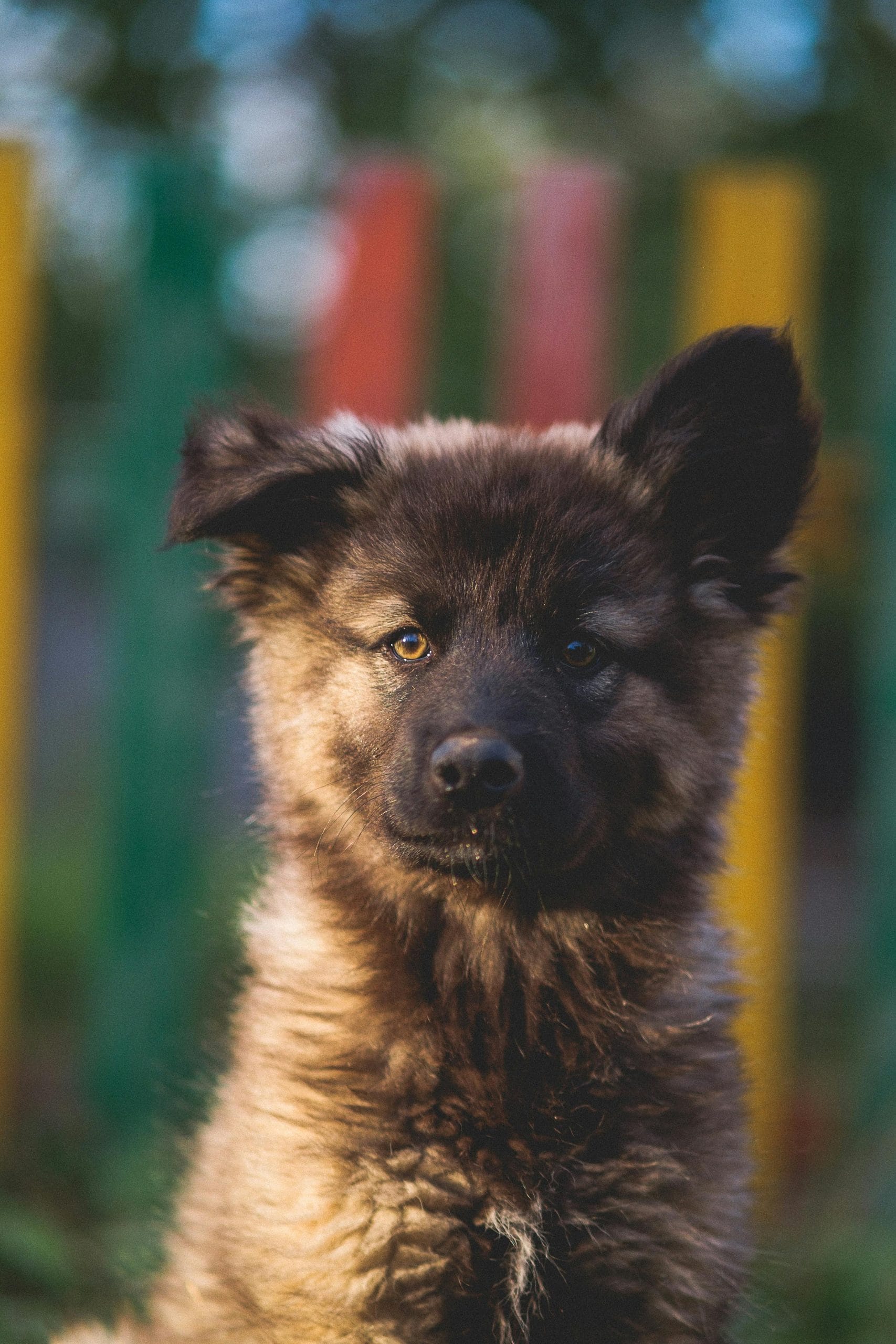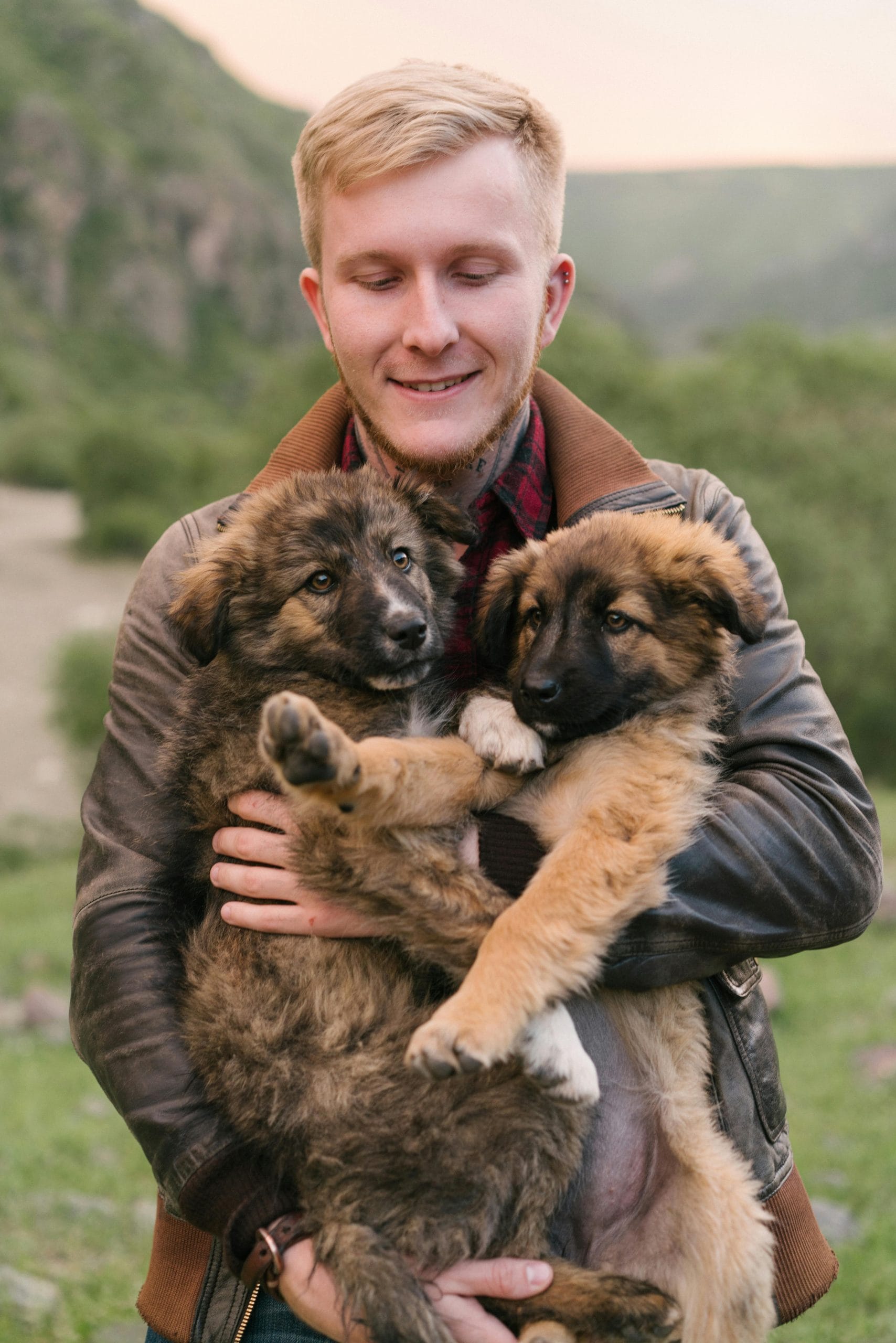
German Shepherd Puppy Care Tips are essential. They are special because they’re strong, smart, and loyal.
That’s why many people in India love them. People admire their big, majestic look, their cleverness, and how they protect their owners.
If you’ve decided to get or just got a German Shepherd, you’re lucky.
They’re wonderful companions who will stick by you through thick and thin. But German Shepherd puppy care tips aren’t easy.
You need to think about a lot of things to make sure you can meet all their needs.
Taking care of a German Shepherd can be rewarding, but it all starts with choosing the right puppy and looking after it well.
You need to plan carefully to make sure you and your dog have the best time together.
This article will guide you through all the important decisions and steps, from deciding if a German Shepherd is right for you to how to take care of your new puppy.
Interesting Facts About German

Intelligence
German Shepherds are renowned for their intelligence and are often used as working dogs in roles such as police, search and rescue, and service dogs.
They can quickly learn commands and are eager to please their owners.
Versatility
German Shepherds are incredibly versatile dogs.
In addition to their work in various professional fields, they excel in dog sports such as agility, obedience, and tracking.
They’re also great family pets, known for their loyalty and protective instincts.
History
The breed was developed in Germany in the late 19th century by Captain Max von Stephanitz.
Initially bred for herding sheep, they quickly gained recognition for their intelligence, strength, and agility.
Appearance
German Shepherds are known for their distinctive appearance, with a strong, muscular build and a confident demeanour.
They typically have a double coat that can come in various colors such as black and tan, sable, or all black.
Health
While generally healthy dogs, German Shepherds are prone to certain health issues such as hip dysplasia and degenerative myelopathy.
Regular exercise, proper nutrition, and routine veterinary care can help mitigate these risks. Ensure you train your German Shepherd so they can be in good condition.
Popularity
German Shepherds consistently rank among the most popular dog breeds in the world.
Their versatility, intelligence, and loyalty make them a favorite choice for families, law enforcement, and various working roles.
Celebrities
German Shepherds have often been featured in movies, and TV shows, and as loyal companions to celebrities.
Famous German Shepherds include Rin Tin Tin, a canine actor who starred in numerous films during the silent film era, and Strongheart, another famous canine actor from the early 20th century.
Heroic Acts
German Shepherds are known for their bravery and have been credited with numerous heroic acts.
They have saved lives in various situations, from rescuing people from burning buildings to detecting explosives and drugs in dangerous environments.
What are German Shepherd Puppy Care Tips?

Health Maintenance
Schedule regular vet check-ups to monitor your German Shepherd puppy’s health, vaccinations, and preventatives for parasites.
Provide a balanced diet suitable for their age and size to support healthy growth.
German Shepherds are prone to hip dysplasia, so ensure they maintain a healthy weight and consider joint supplements recommended by your veterinarian.
Grooming Routine
German Shepherds have a double coat that sheds year-round, with heavier shedding during seasonal changes. Brush your puppy’s coat regularly to remove loose fur and prevent mats.
Pay special attention to areas like behind the ears and around the tail. Bathe them as needed with a gentle dog shampoo to keep their coat clean and healthy.
Training and Socialization
Start training your German Shepherd puppy early to establish good behaviour of German Shepherd and obedience.
Use positive reinforcement techniques such as treats and praise to encourage desired behaviours.
Socialize your puppy with various people, animals, and environments from a young age to help them become well-adjusted and confident adults.
Consider enrolling them in puppy classes or obedience training to further their skills and socialization.
Exercise Requirements
German Shepherds are active and energetic dogs that require plenty of physical and mental stimulation.
Provide daily exercise through walks, playtime, and interactive toys to keep them mentally engaged and prevent boredom.
Avoid overexertion, especially during puppyhood when their bones are still developing, but ensure they get enough activity to satisfy their needs.
Mental Stimulation
German Shepherds are intelligent dogs that thrive on mental challenges.
Incorporate training sessions, puzzle toys, and games like fetch or hide-and-seek to keep their minds sharp and prevent boredom.
Engage them in activities that tap into their natural instincts, such as tracking or scent work, to provide fulfilling outlets for their energy and intellect.
By following these top 5 German Shepherd puppy care tips, you can help ensure your furry friend grows up healthy, happy, and well-behaved, setting the foundation for a strong bond and fulfilling companionship.
German Shepherd Puppy Care Tips

German Shepherds have a medium-length double coat that comes in various colours like black and tan, all-black, white, brown, gray, or combinations of black with red, cream, or silver.
Their undercoat is soft, while the outer coat is dense and rough. They shed a lot and need regular grooming at home.
- Skin Care: German Shepherds don’t need frequent baths, only a few times a year. During shedding seasons, using dog shampoo can help reduce hair around your home.
But too much bathing can remove natural oils that protect the skin and coat.
- Coat Care: Despite heavy shedding, regular brushing every few days can manage loose hair. Using brushes that remove undercoat hair is helpful.
German Shepherds shed heavily once or twice a year, usually in spring and fall.
- Eye Care: Keep an eye on your dog’s eyes, especially if they’re prone to eye issues or if you live in high UV areas.
If you notice any changes in their eyes or vision, contact your vet.
- Ear Care: Clean your dog’s ears only if needed or if there’s visible debris. Excessive moisture from bathing, swimming, or frequent ear cleaning can lead to ear infections.
- Nail Care: Regular nail trims are essential unless your dog’s nails wear down naturally. Overgrown nails can break and cause discomfort.
Frequently Asked Questions
For puppies up to four months old, it’s best to feed them three to four times a day. After this period, gradually decrease the number of meals. By eight to nine months, feeding them twice a day is sufficient.
German Shepherds are social animals and shouldn’t be left alone for long periods. Puppies can be trained to sleep in a crate or share your bed if you prefer. As they grow, they can sleep in a crate or a designated area.
German Shepherd puppies, like other puppies, need high-protein, grain-free meals with good quality fats and no artificial additives. Consider food options like Doggie Dabbas Fresh Meals and high-value training treats to start them on a healthy diet. Ensure you avoid a certain set of foods for your German Shepherd.
Yes, it’s okay to feed your German Shepherd three times a day until they’re around eight to nine months old. After this age, feeding them twice a day is enough. The amount of food depends on factors like age, size, weight, and activity level.
It’s normal for puppies to bite, chew, or jump up until about four to six months old. Redirect their chewing to appropriate toys and seek professional help early on to teach them proper behaviour. Please don’t wait for issues to be resolved on their own.
- How to Celebrate a Dog’s First Birthday on a Budget: 2026 Guide - February 18, 2026
- Best Shampoo for Sensitive Skin Dog Grooming: 2026 Guide - February 12, 2026
- 40+ Aesthetic Names for White Dogs (2026 Unique & Rare List) - February 6, 2026


GIPHY App Key not set. Please check settings